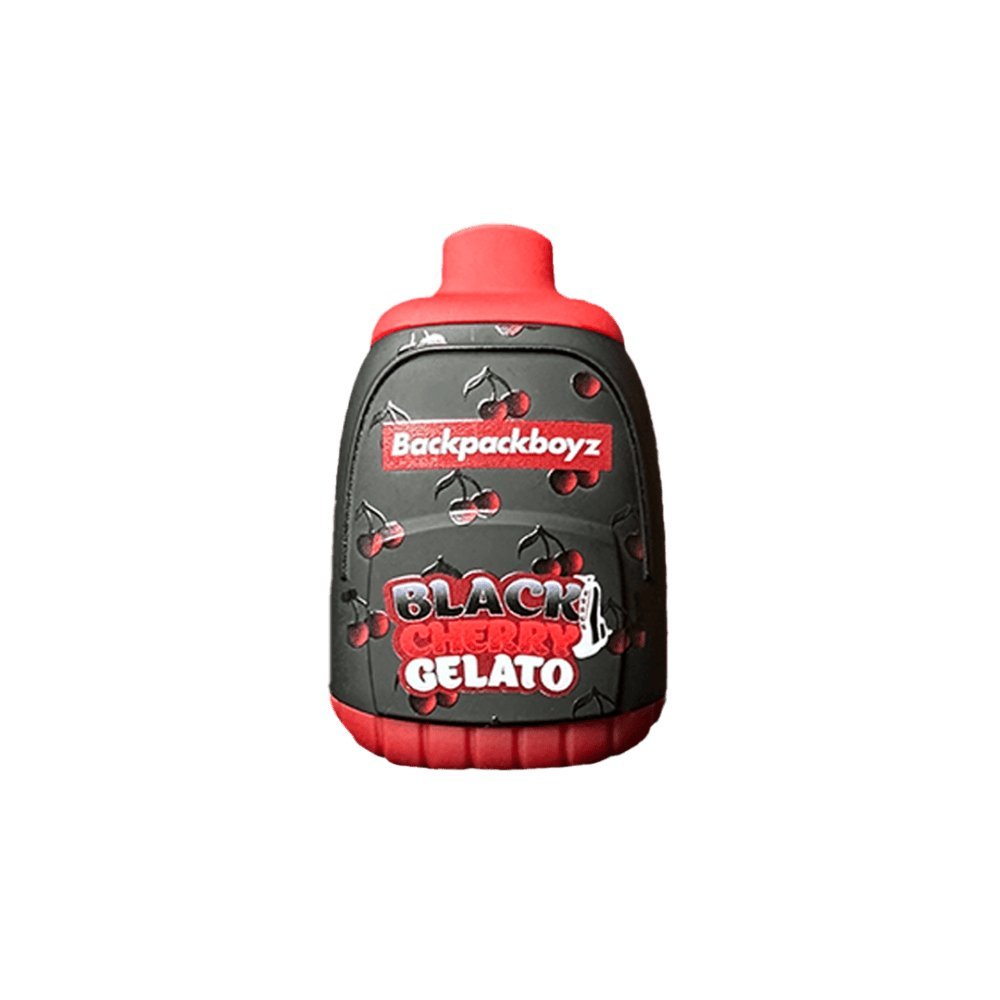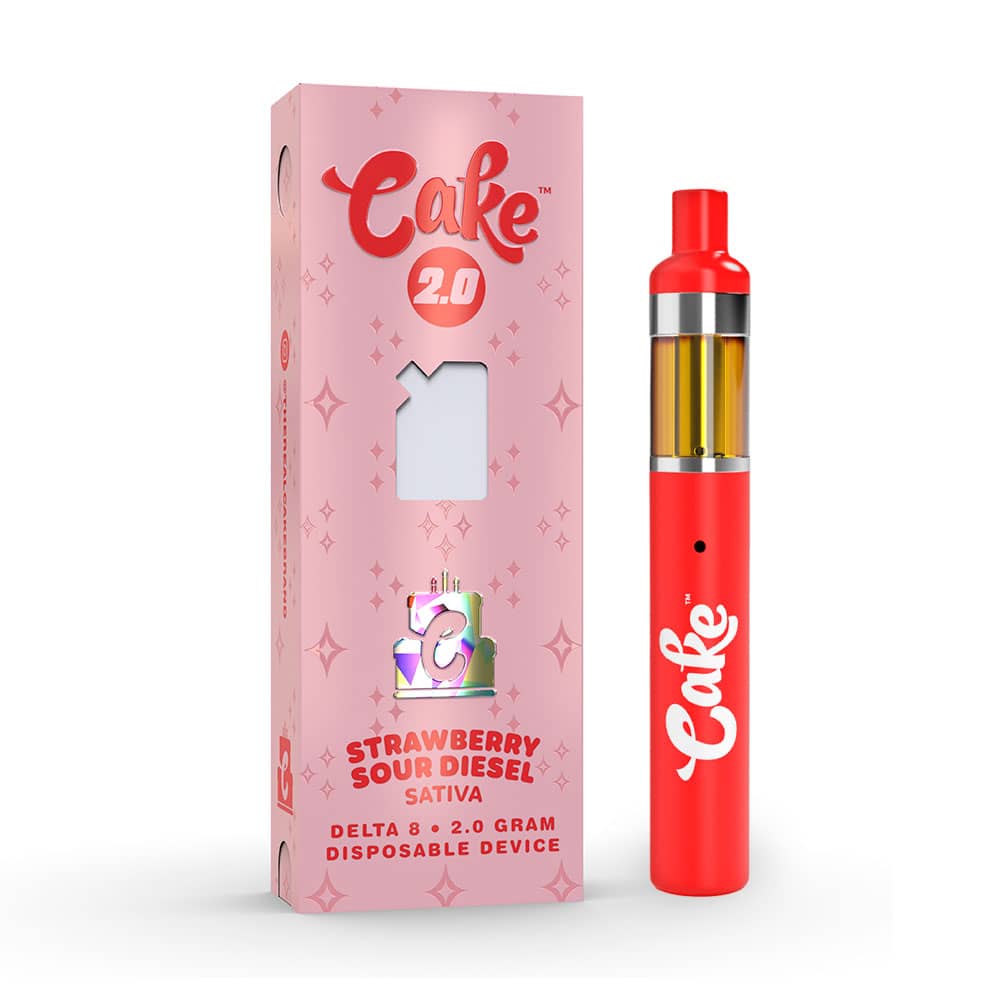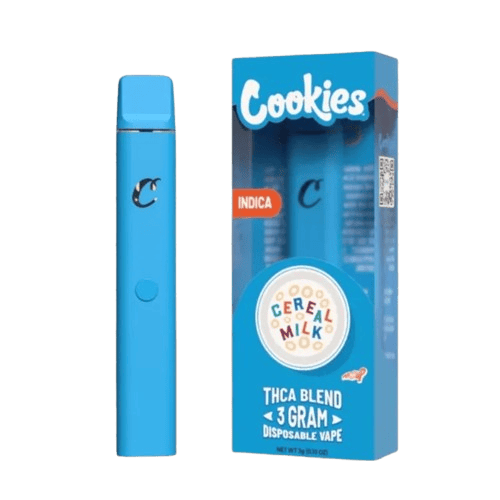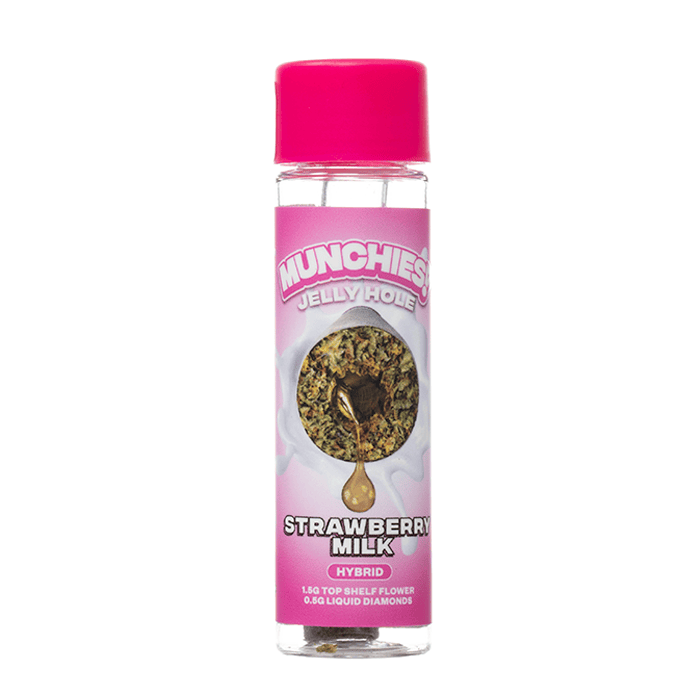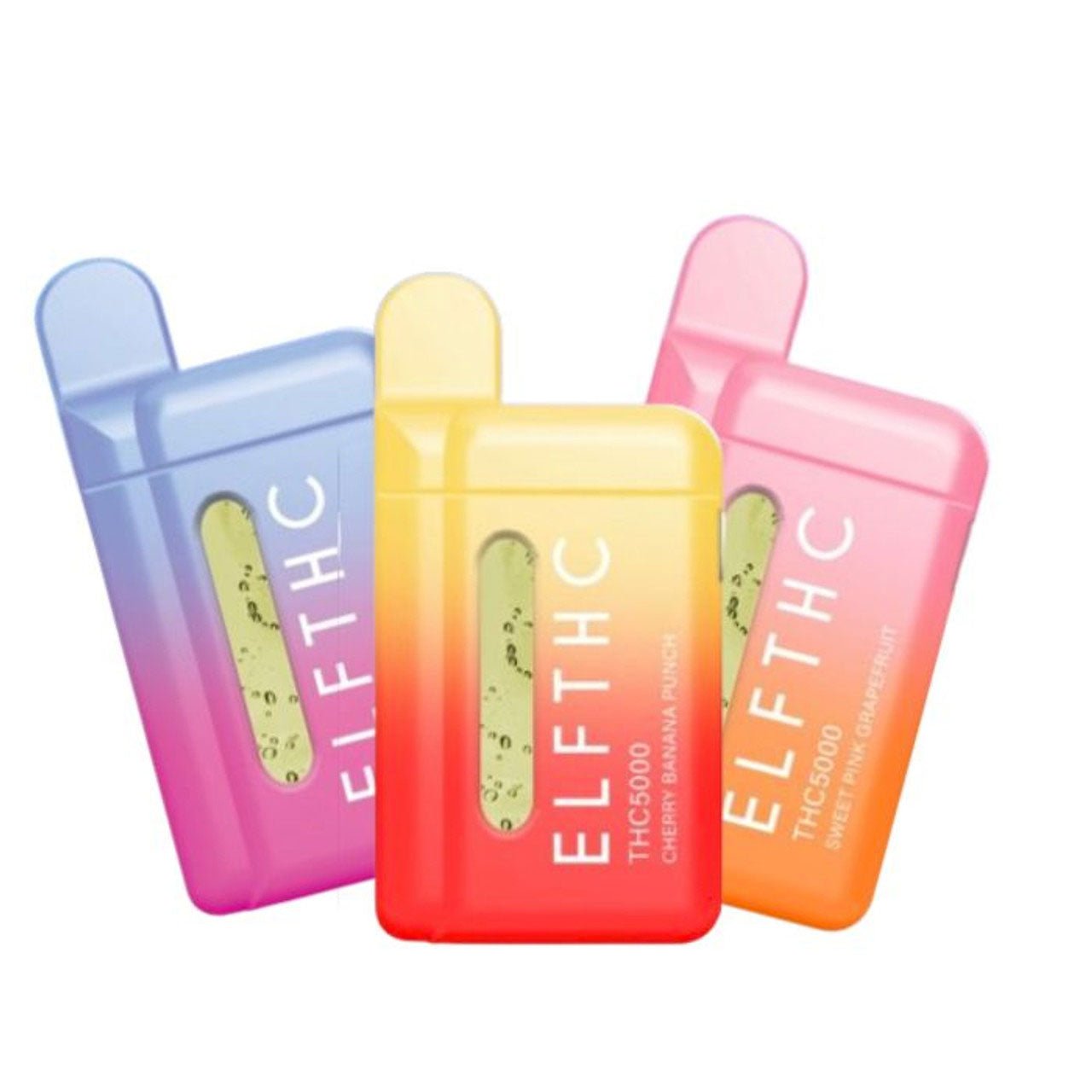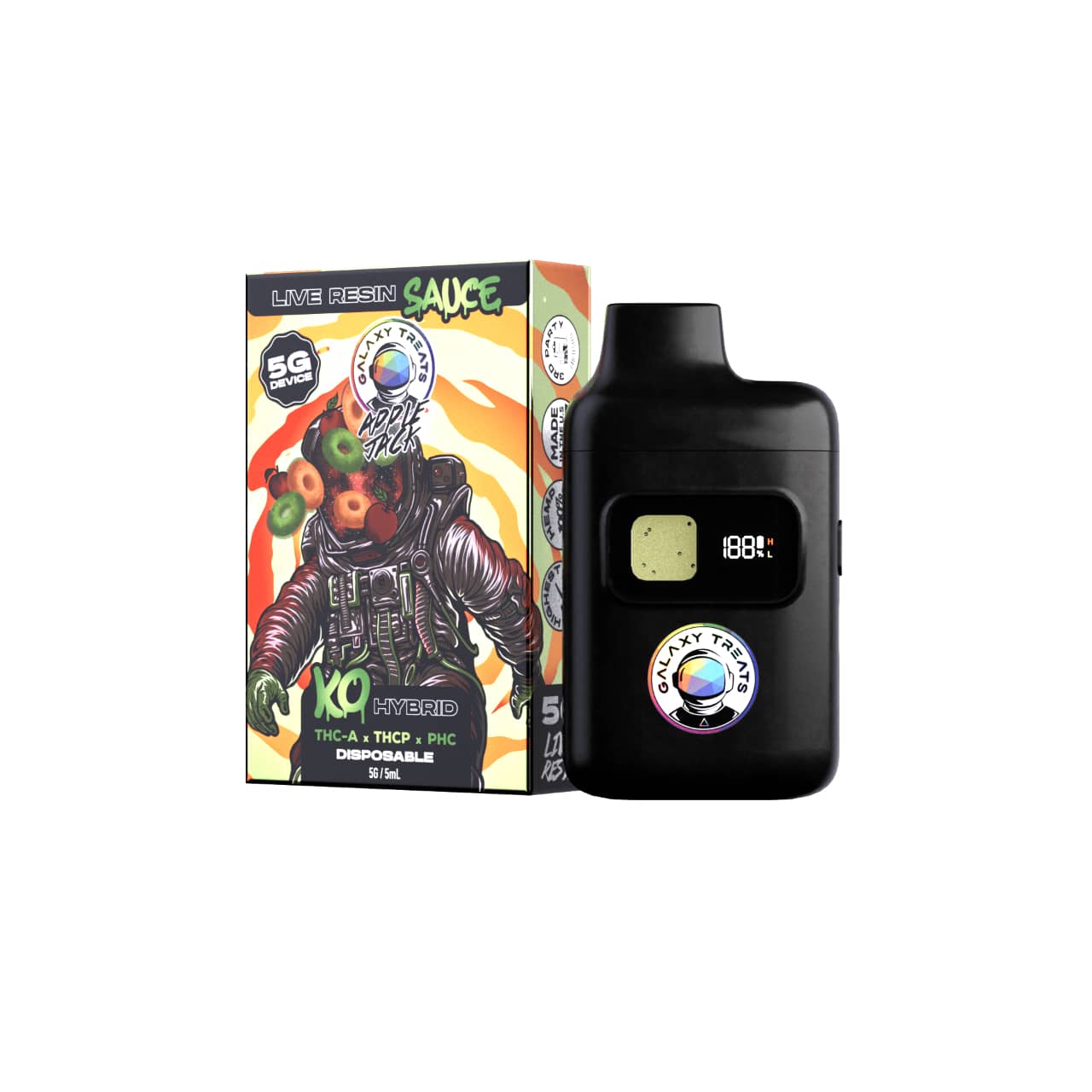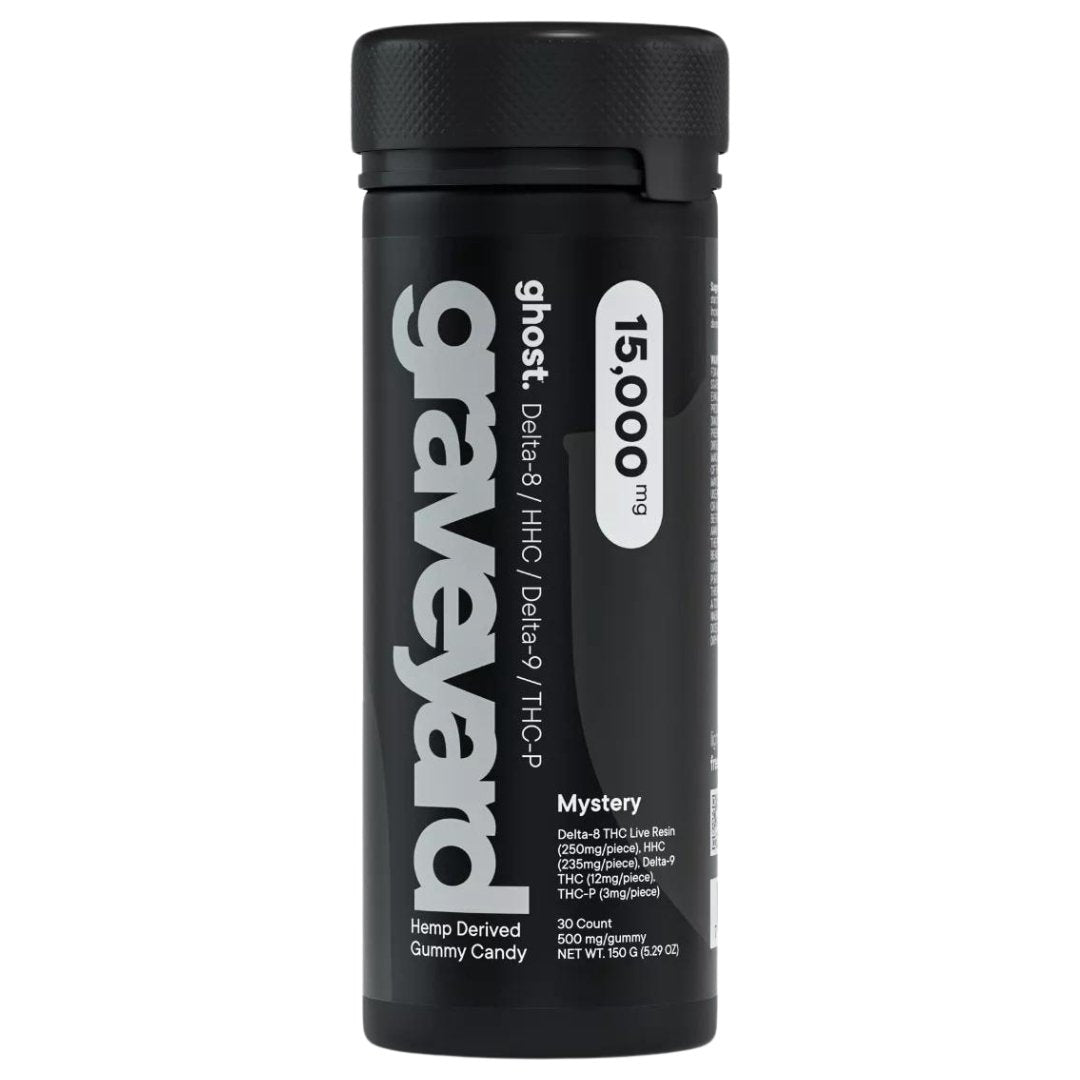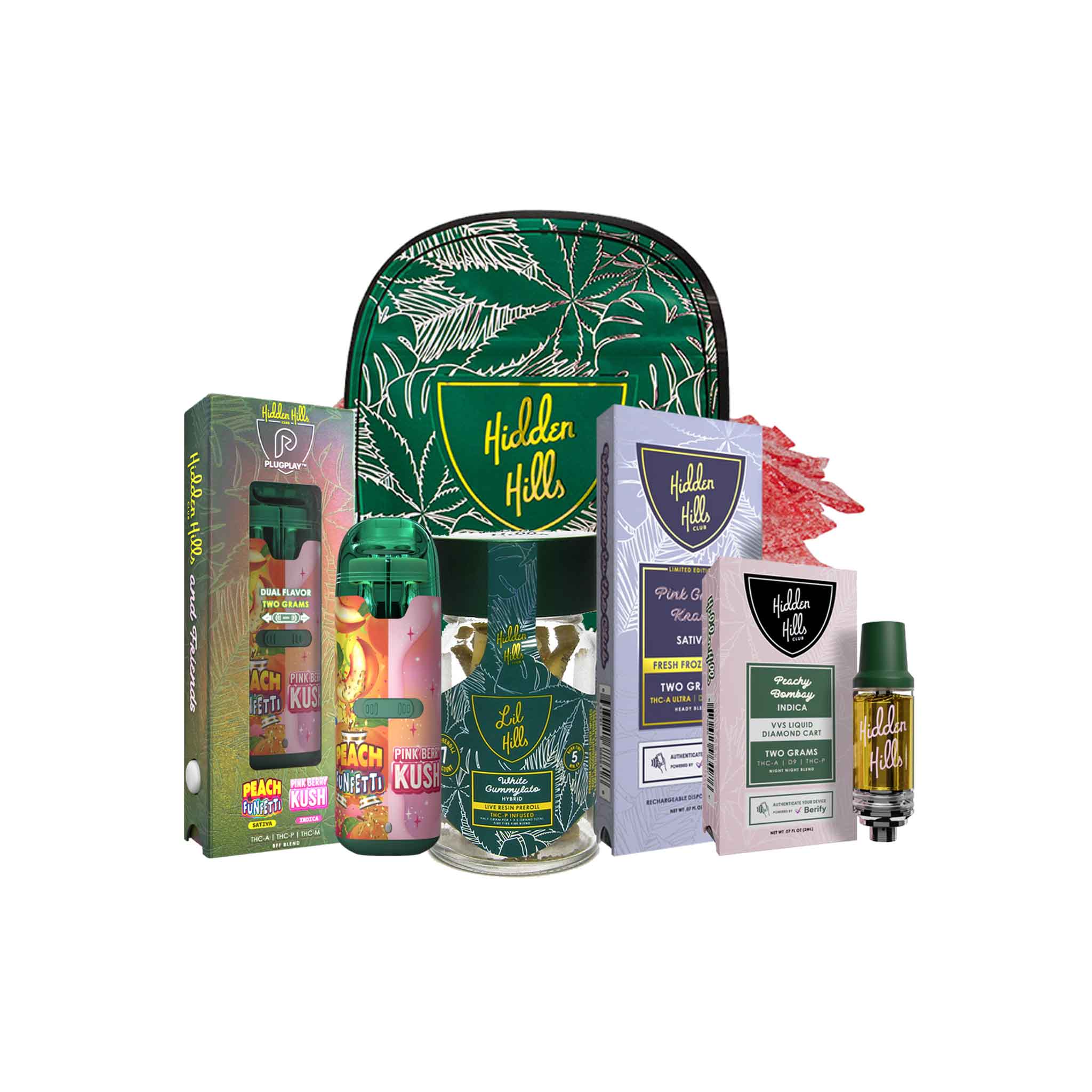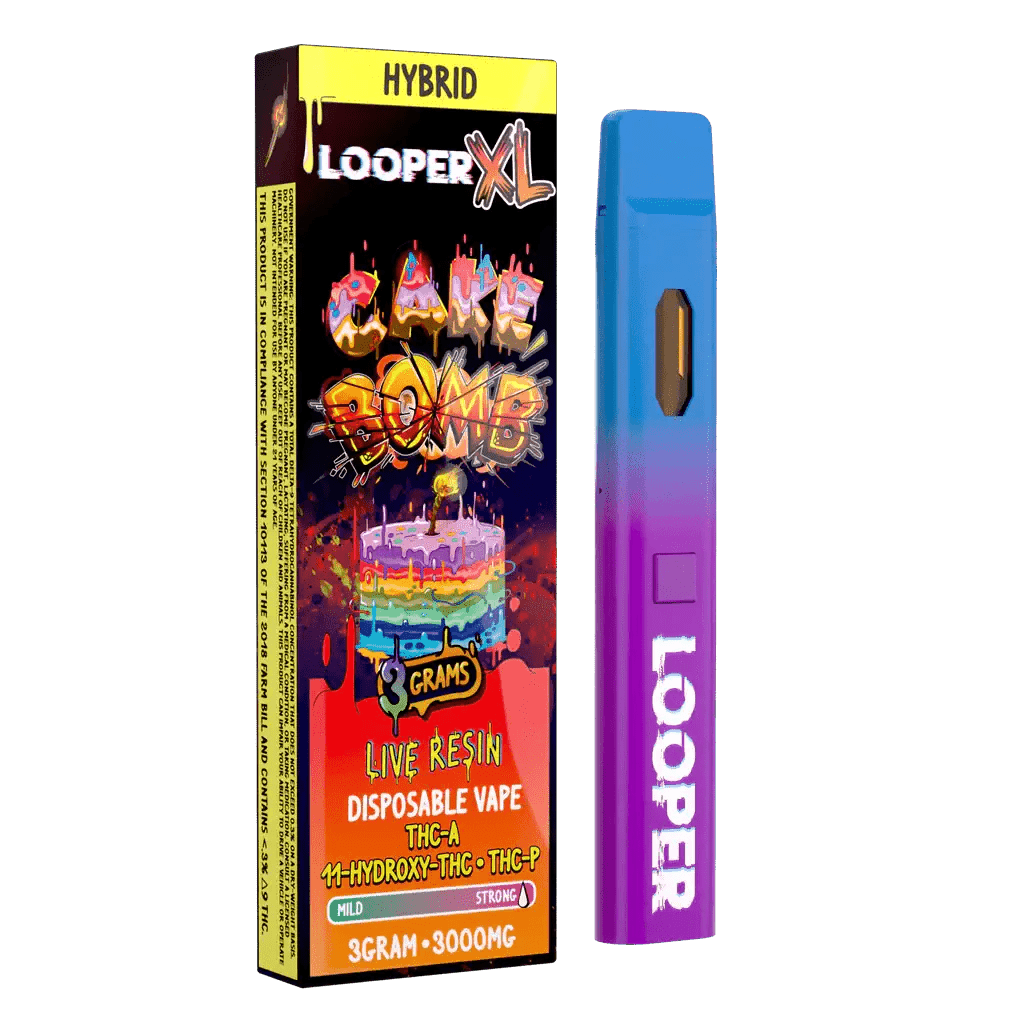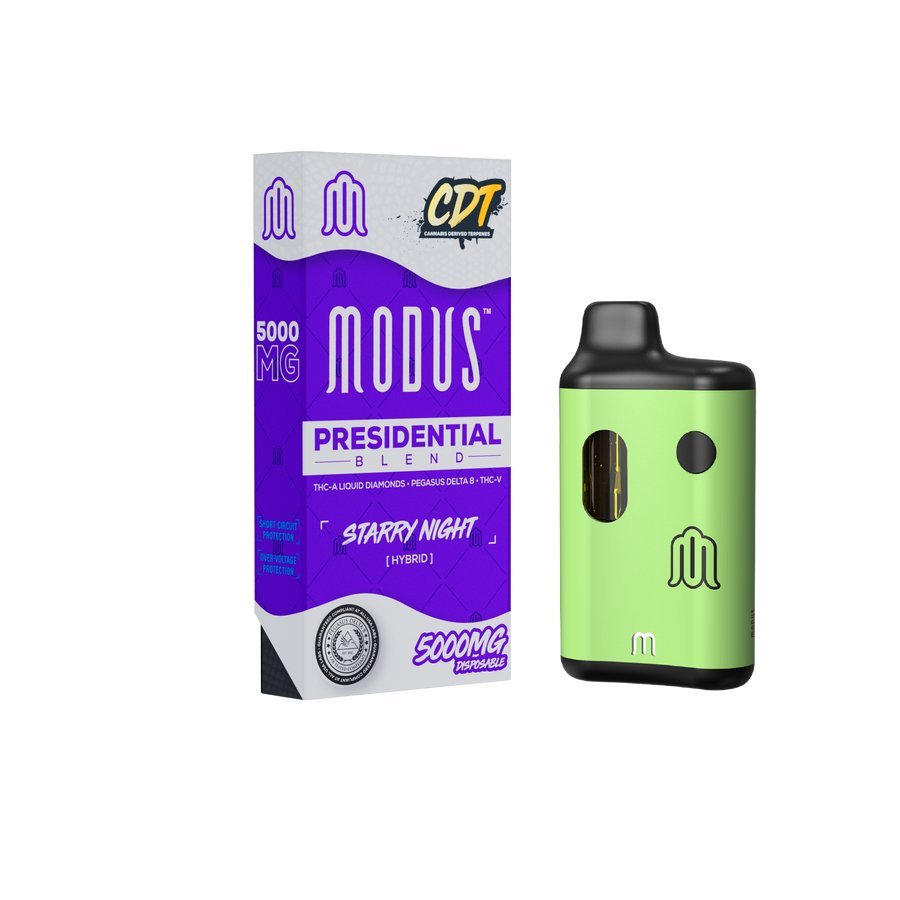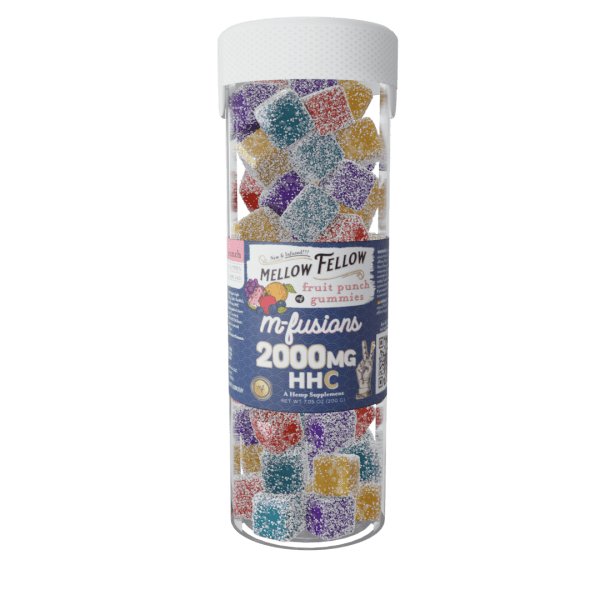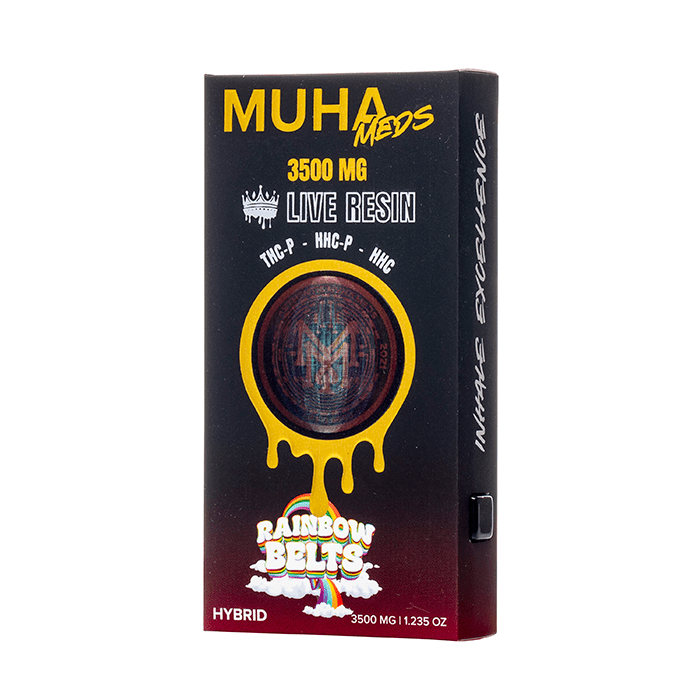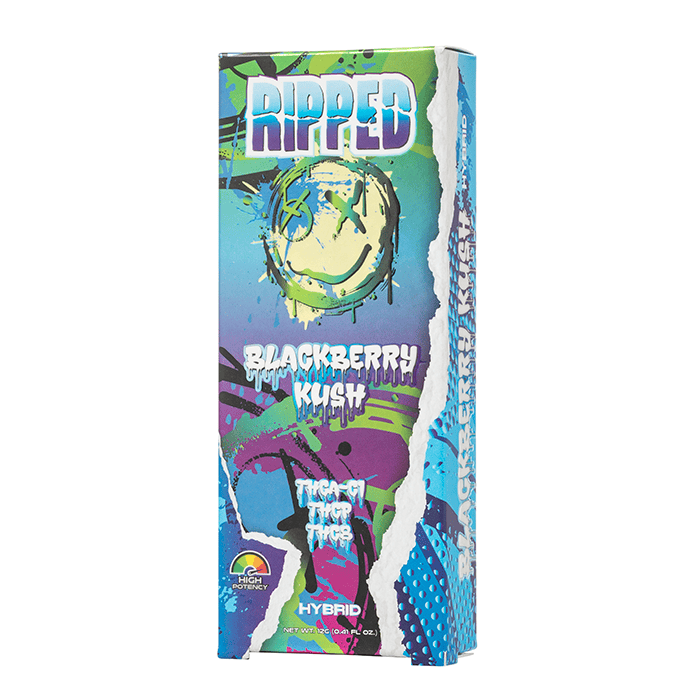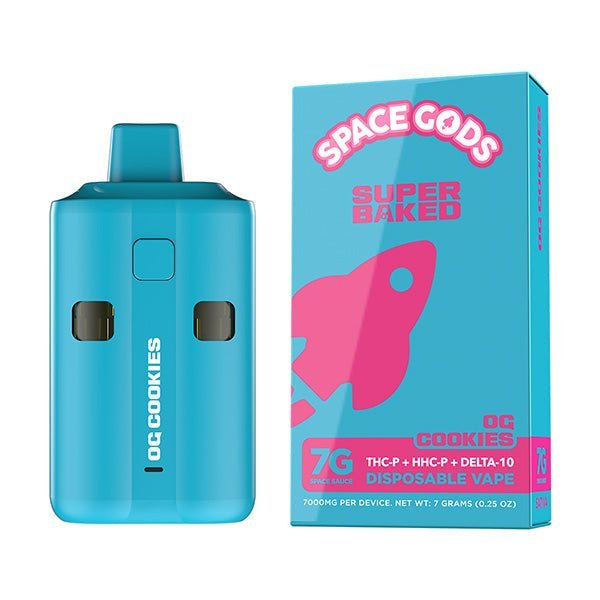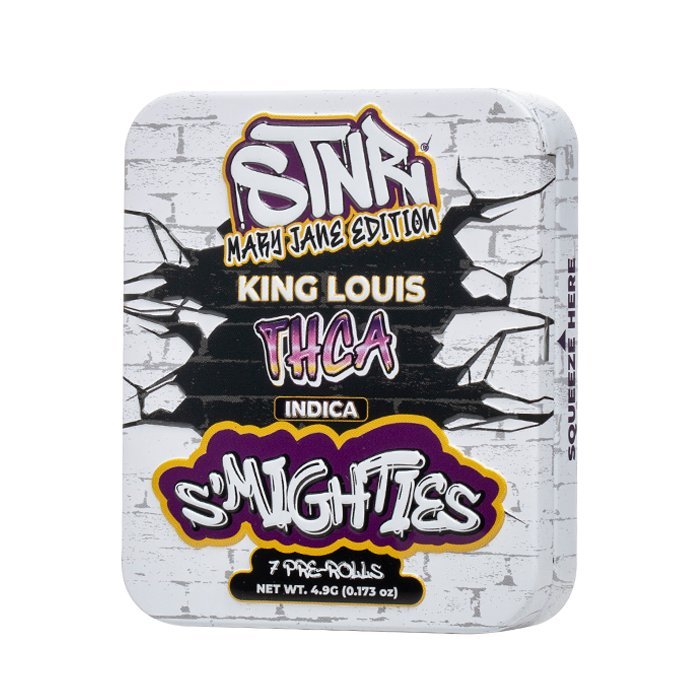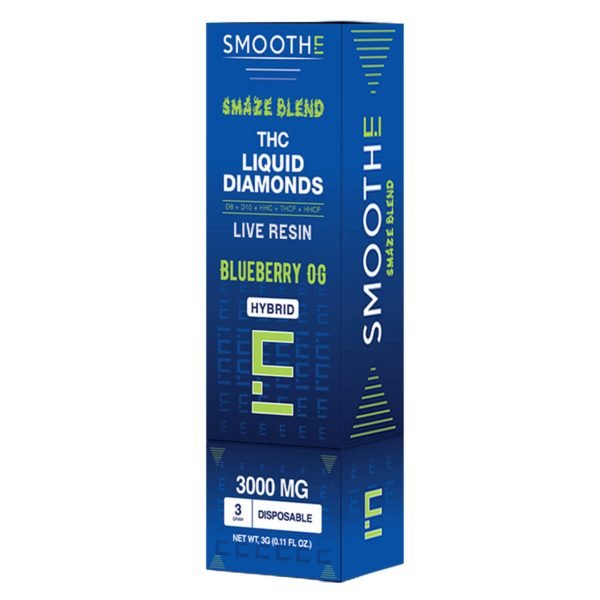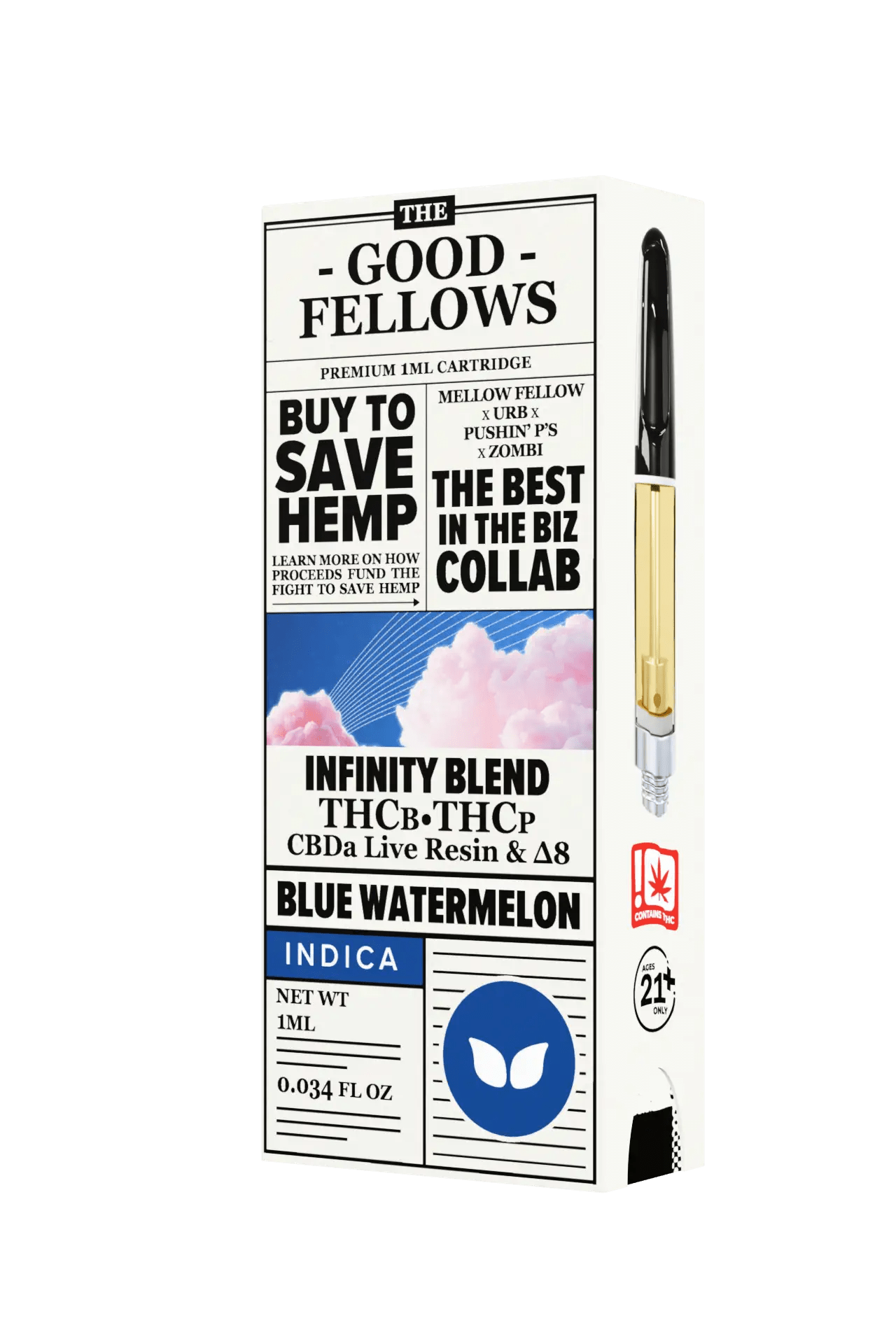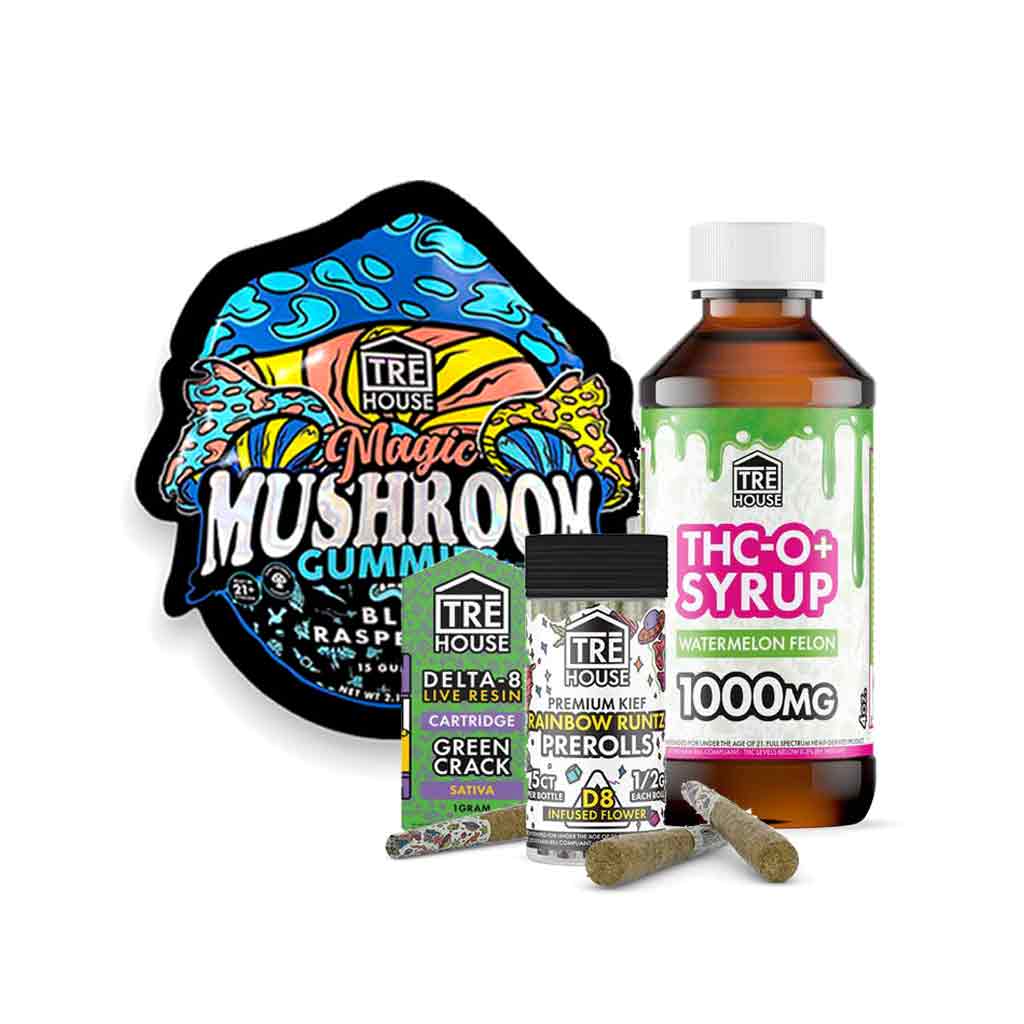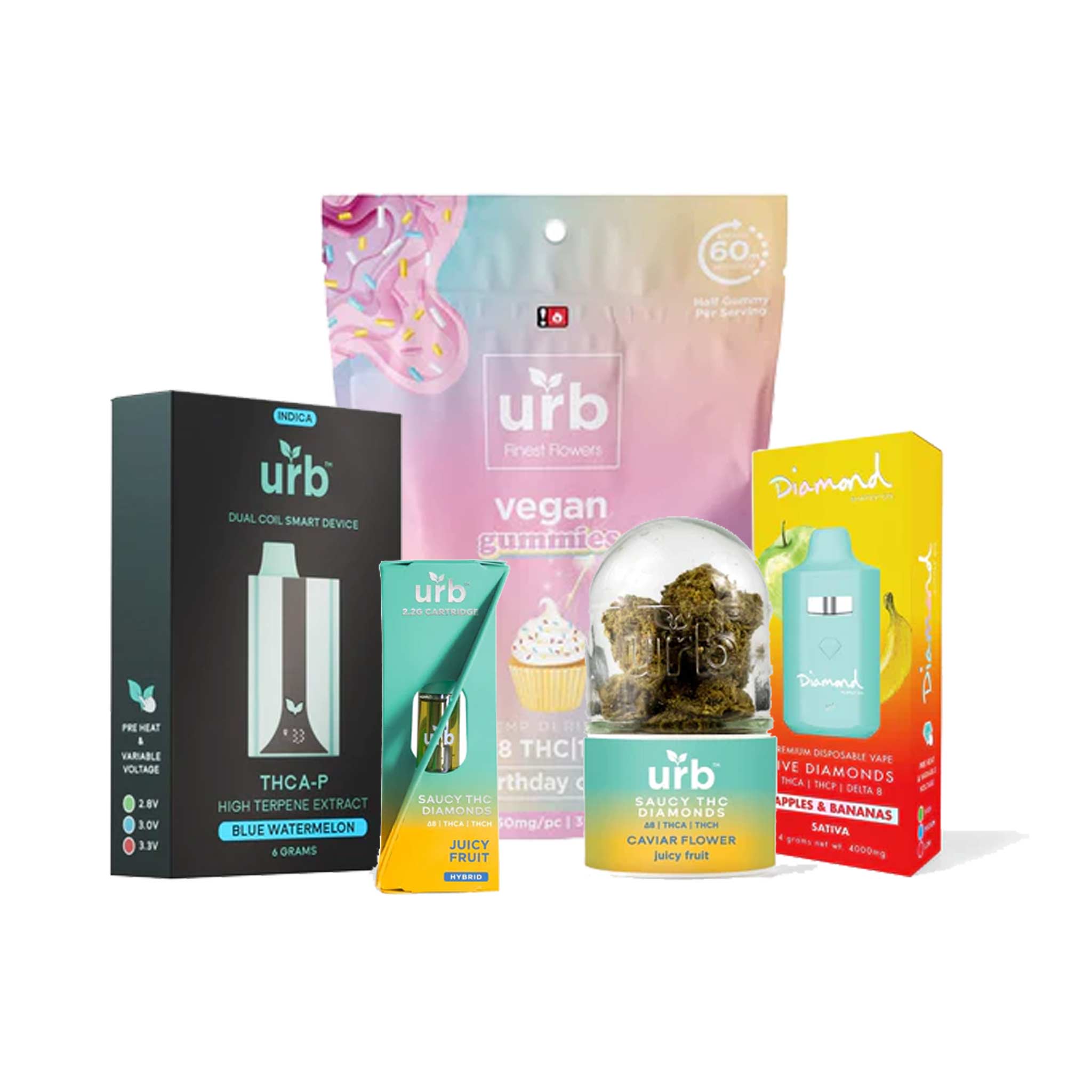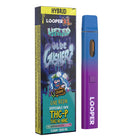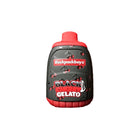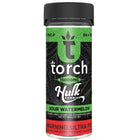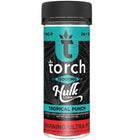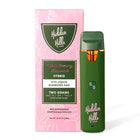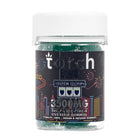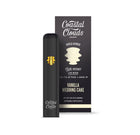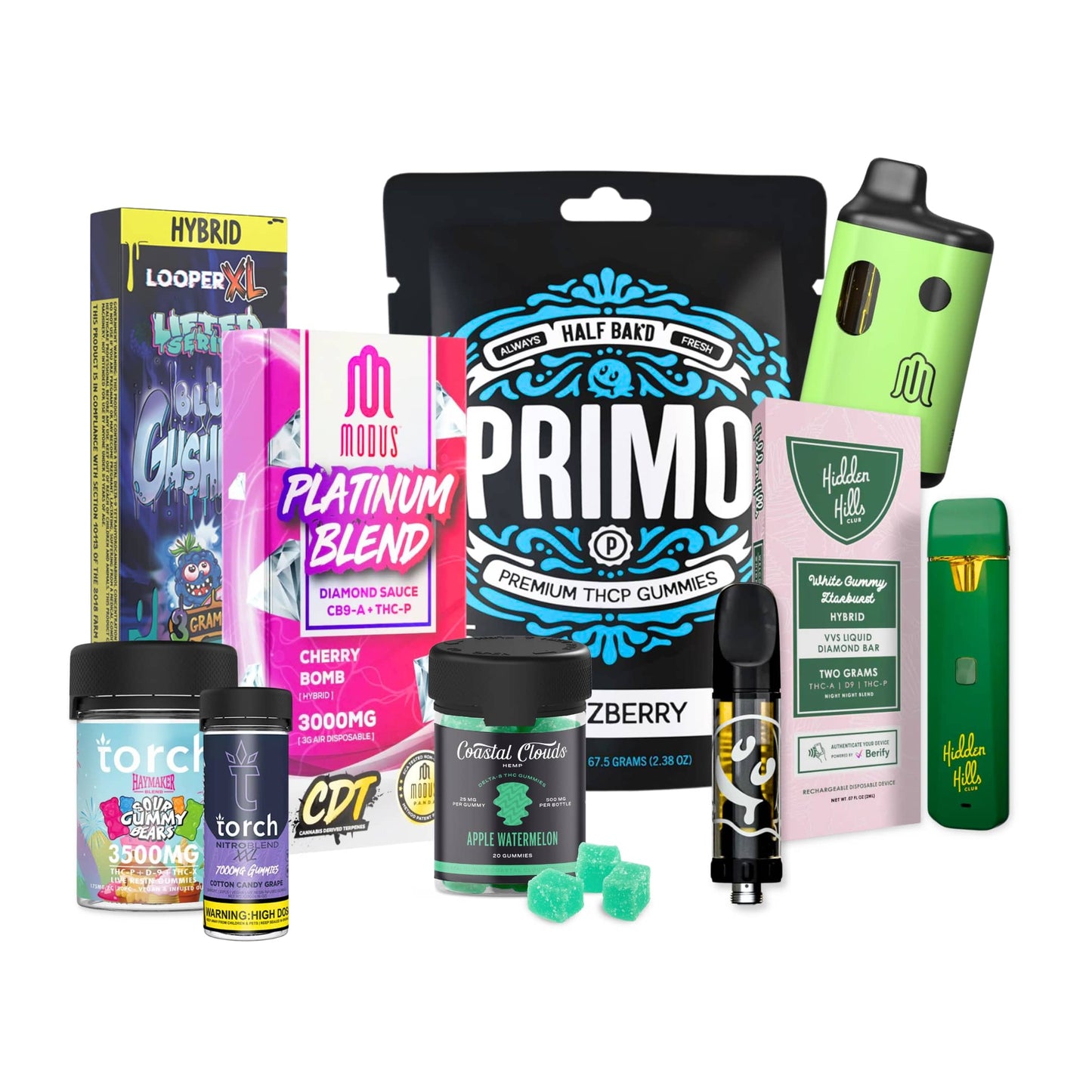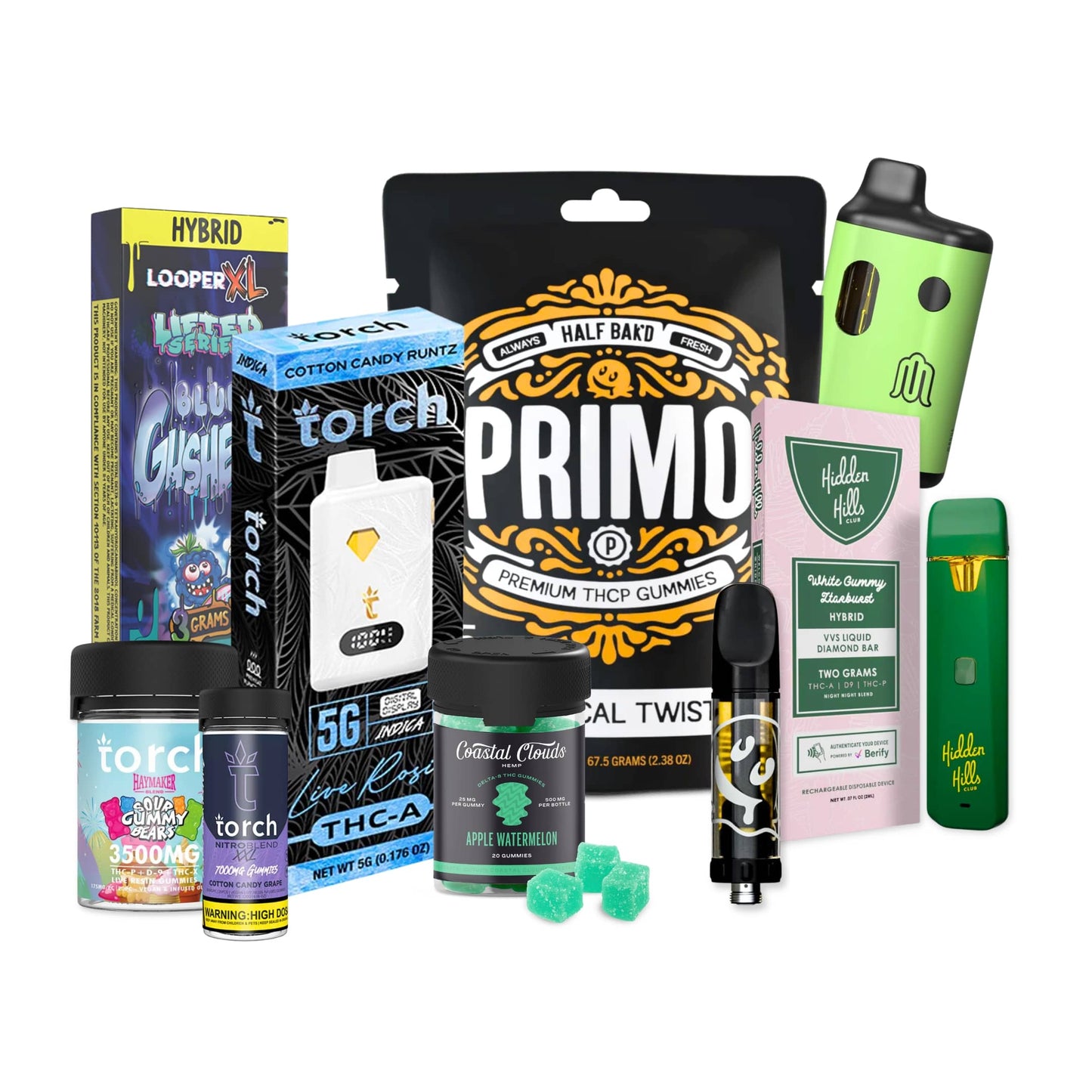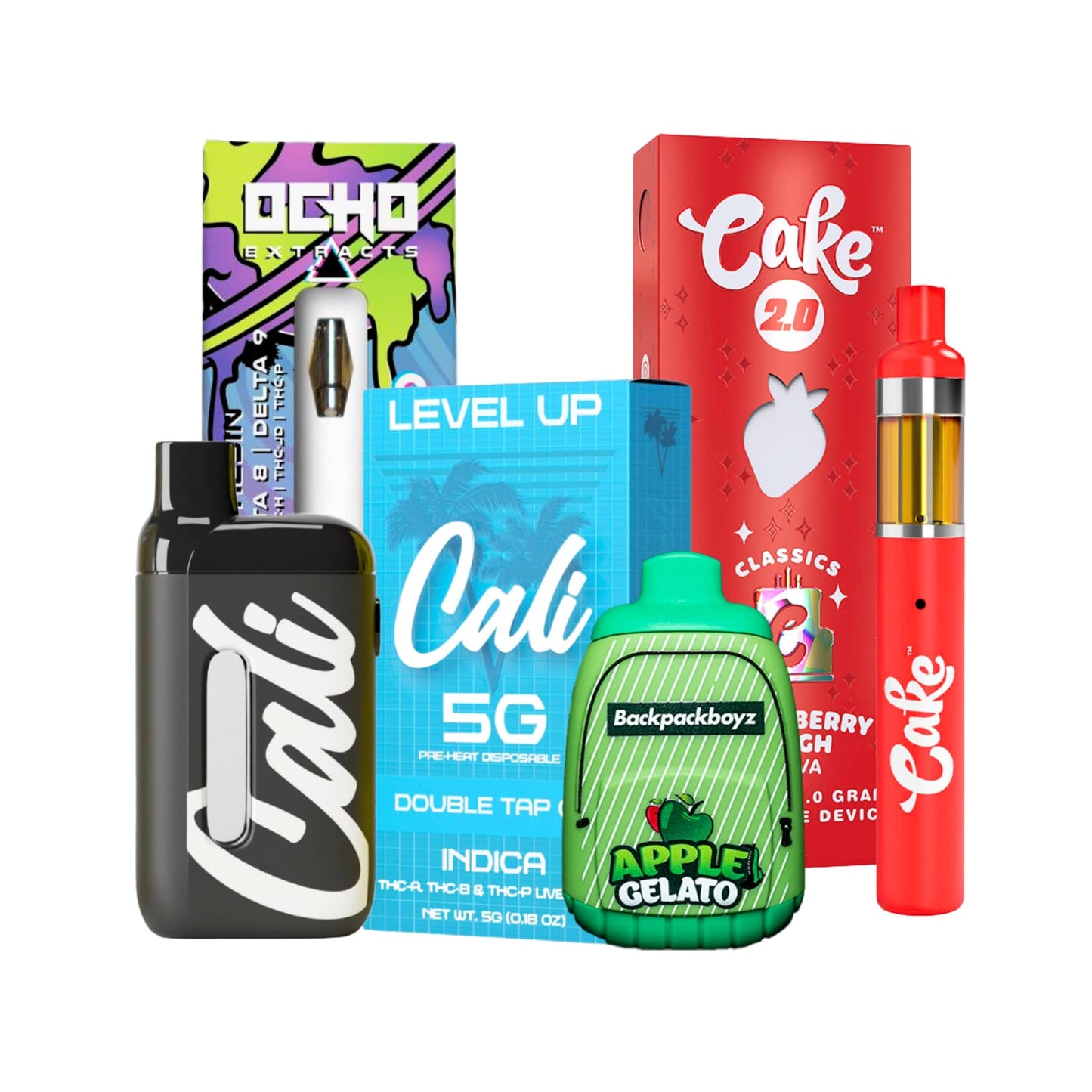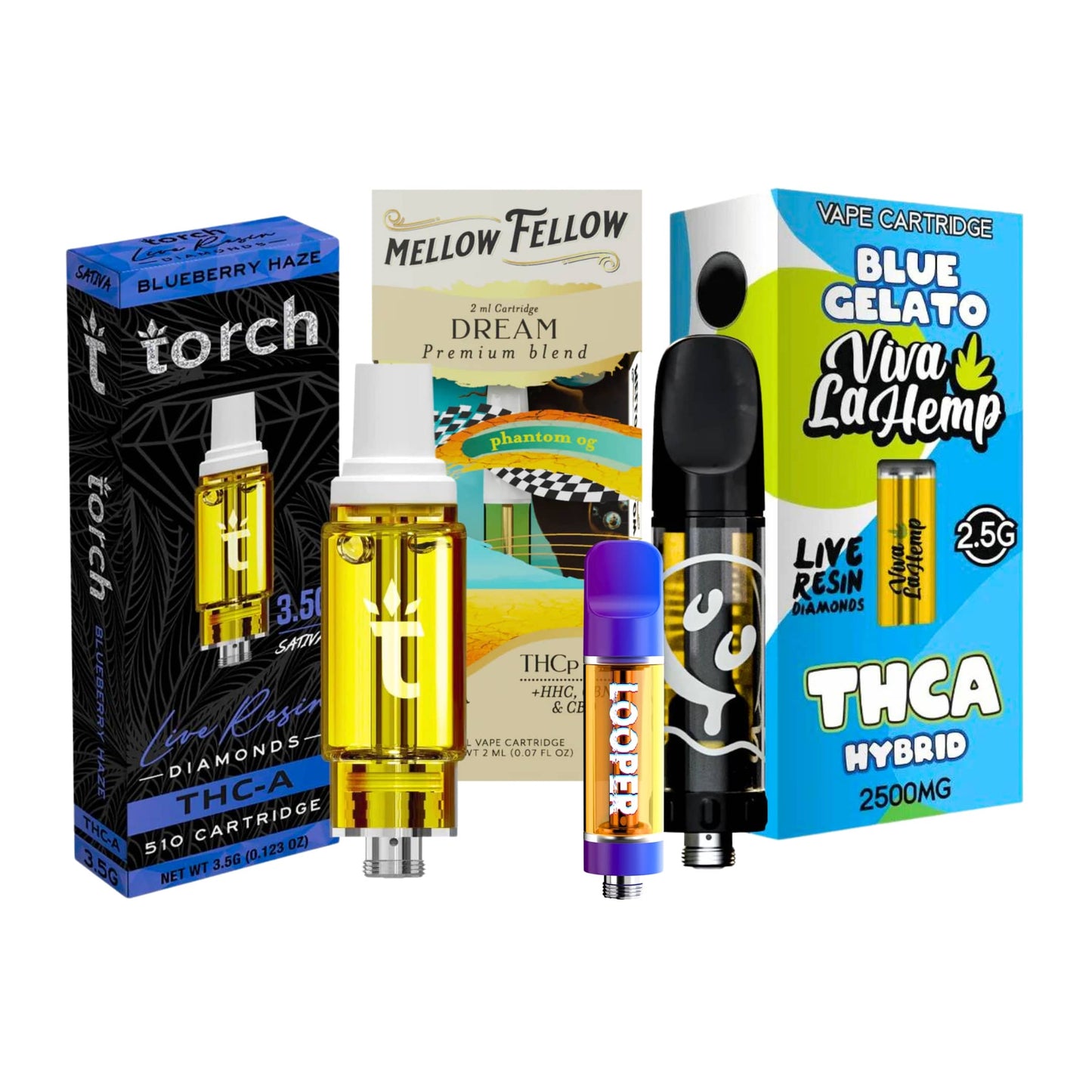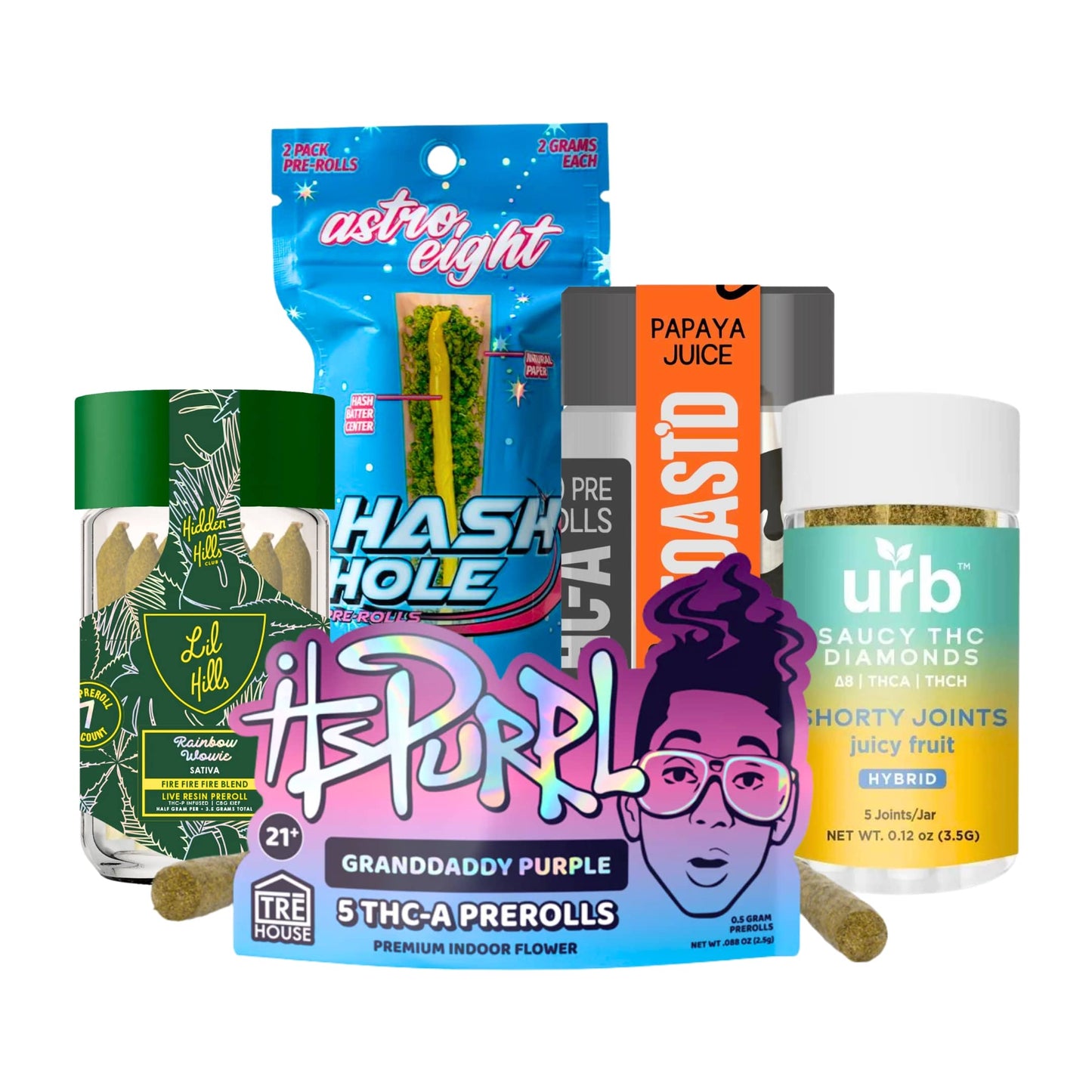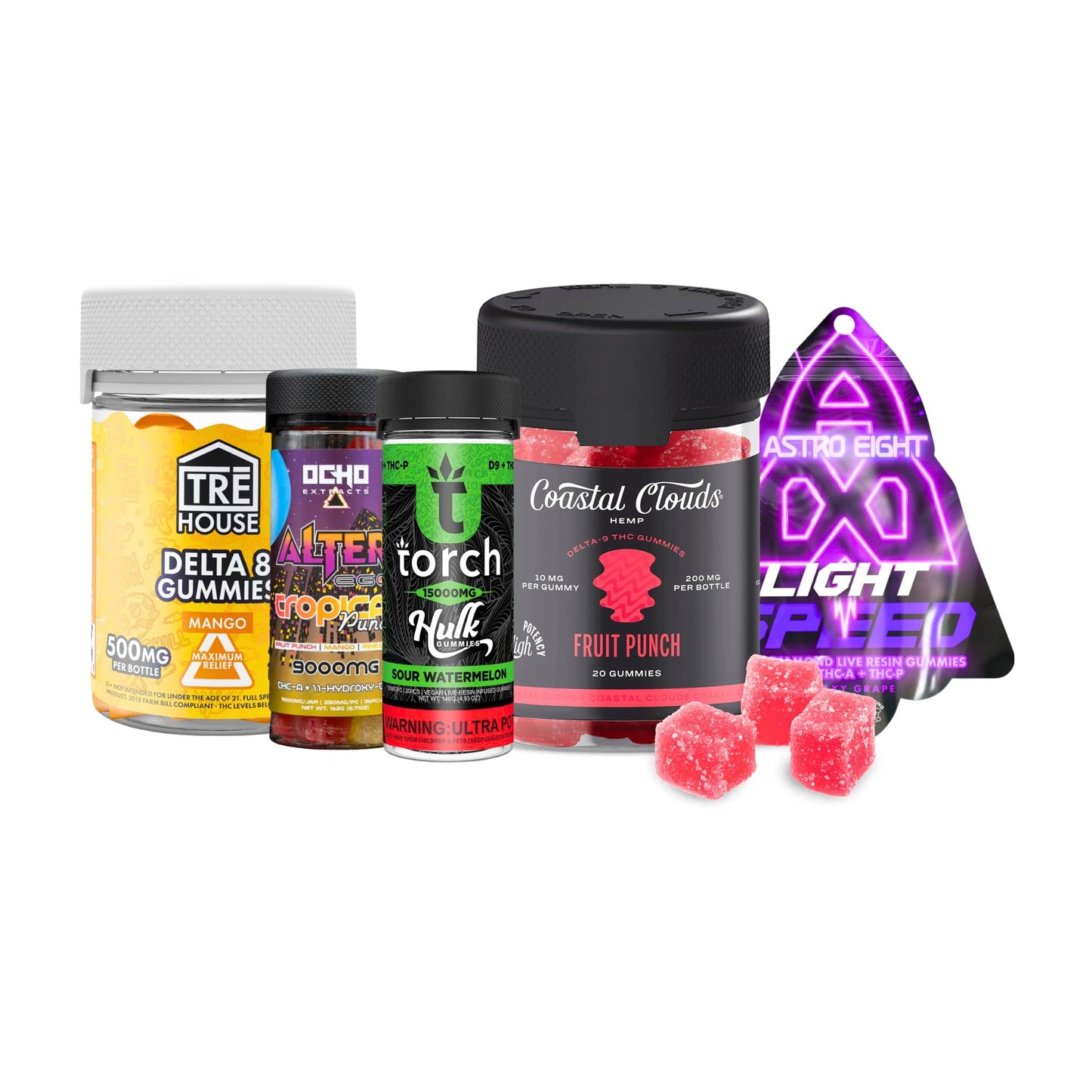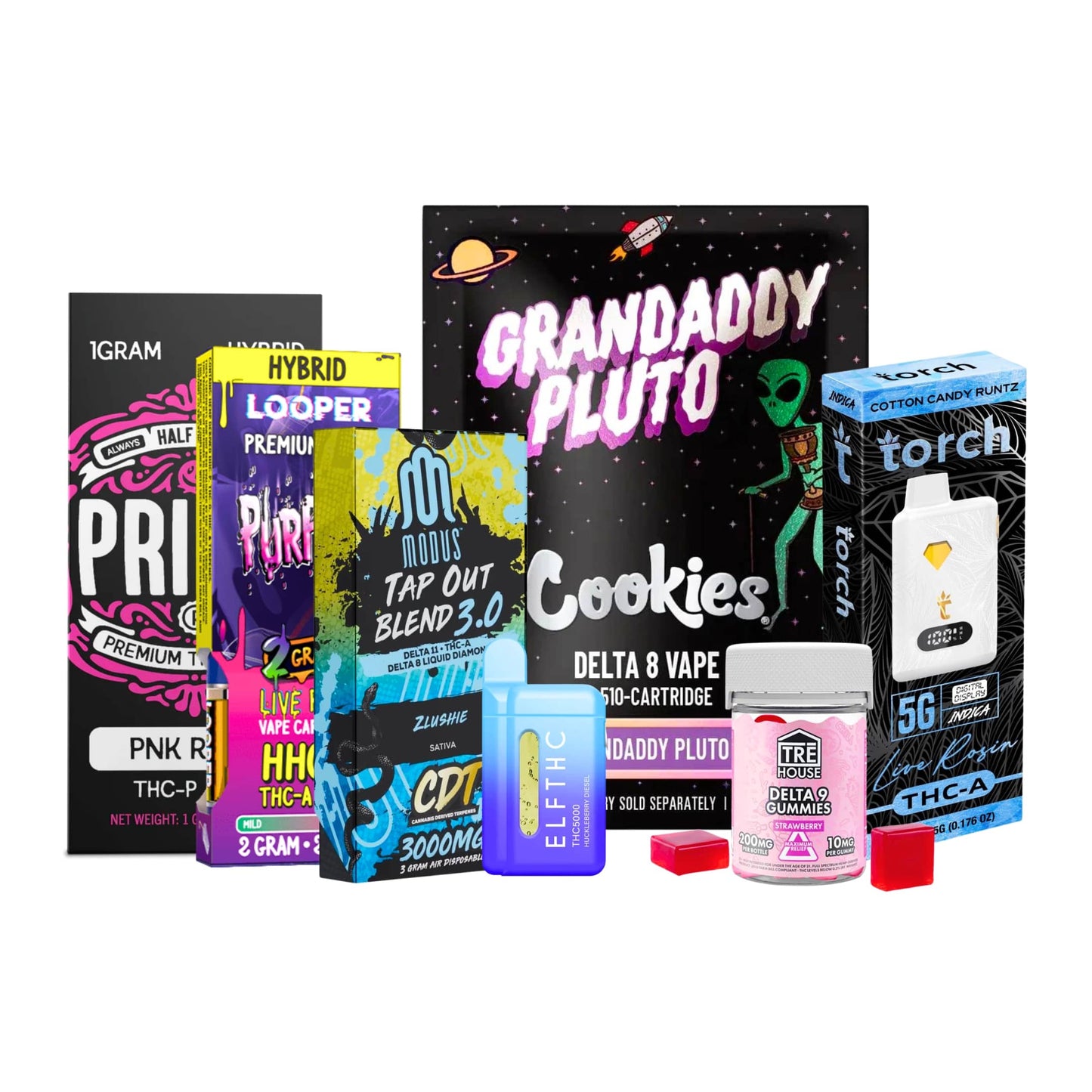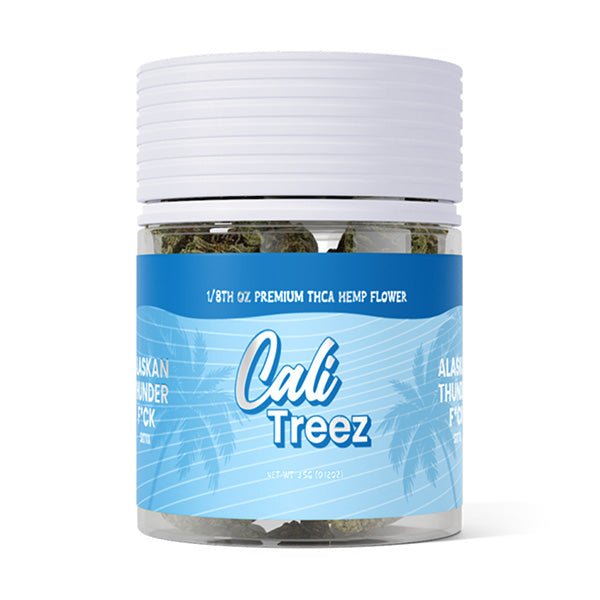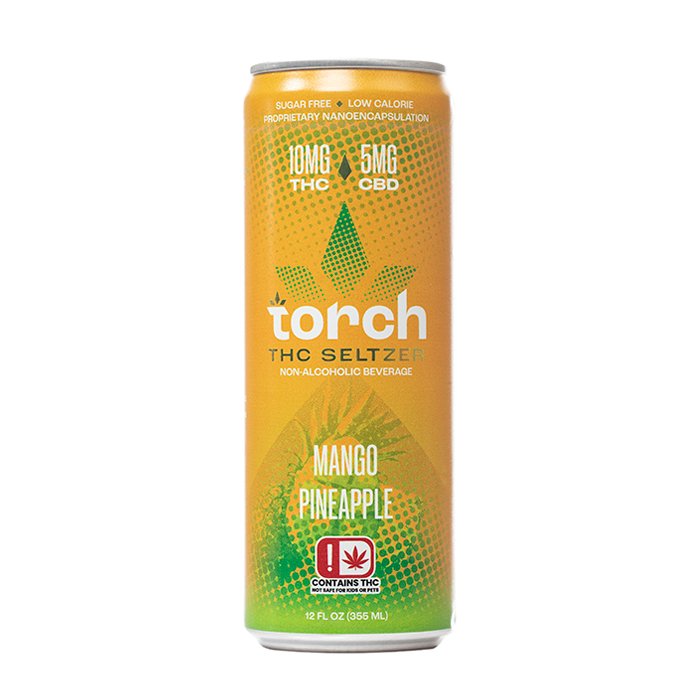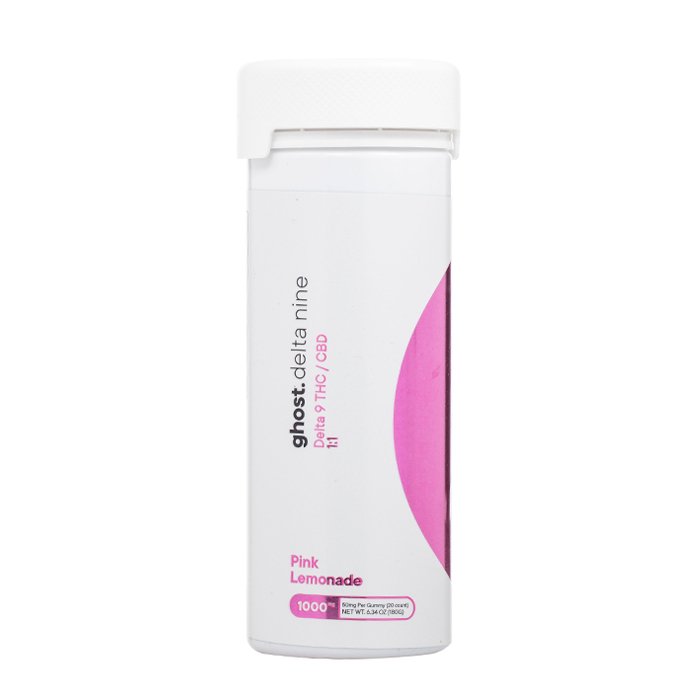Get a FREE Gummy or Vape
Sign up to get a FREE welcome vape or gummy on your first order when you buy 4 or more products.
Is Delta 8 addictive? Yes, Delta 8 THC can be habit-forming, engaging cannabinoid receptors in the brain similar to other cannabinoids like Delta 9 THC. This article examines the potential for addiction, signs to watch for, and what to expect if you decide to use or quit Delta 8.
Key Takeaways
-
Delta 8 THC is a cannabinoid derived from hemp, offering milder psychoactive effects compared to Delta 9 THC, but it operates in a legal gray area and can prompt both therapeutic potential and misuse concerns.
-
Delta 8 THC has addictive potential similar to Delta 9 THC, with habitual use potentially leading to addiction and withdrawal symptoms such as anxiety, irritability, and insomnia.
-
The lack of FDA oversight means Delta 8 THC products may contain harmful substances or be inaccurately labeled, posing significant health risks to consumers.
What is Delta 8 THC?
Cannabis enthusiasts and the curious alike may have come across the term “Delta 8 THC,” a psychoactive substance nestled within the broad array of cannabinoids found in cannabis plants, specifically the Cannabis sativa plant. Delta 8 is a chemical sibling to Delta 9 THC, the main compound responsible for the intoxicating effects associated with marijuana. However, the main difference lies in their availability and potency; Delta 8 THC is not typically found in significant amounts in cannabis and is instead manufactured from hemp-derived cannabidiol (CBD).
This relatively novel addition to cannabis products is both fascinating and controversial. While it mirrors the effects of Delta 8 THC, offering a similar, albeit milder, euphoria and sensory alteration, it operates in a legal gray area. The process of deriving this cannabinoid from hemp, legally defined as a cannabis plant containing less than 0.3% Delta 9 THC, pivots its standing away from the regulated marijuana industry and positions it as one of the cannabis alternatives. for a more comprehensive guide visit the blog "Is delta 8 THC Legal?"
Despite its nickname “diet weed,” do not underestimate the effects of Delta 8 THC. As the primary psychoactive component, it engages the body’s endocannabinoid system in ways akin to other cannabinoids, prompting both therapeutic potential and concerns about misuse and safety. As Delta 8 continues to gain traction, it is paramount to understand not just its effects, but also the implications of its use.
Can Delta 8 THC Be Addictive?
The burgeoning popularity of Delta 8 THC, especially as an easily accessible addition to convenience stores and vape shops, raises an important question: can this “diet weed” lead to addiction? Like its more potent relative Delta 9 THC, Delta 8 engages with cannabinoid receptors in the brain, which can lead to habit-forming behavior. The psychoactive nature of Delta 8 means it has the potential to become addictive, especially with chronic usage.
While it is considered less potent than Delta 9 THC, this does not exempt Delta 8 from the addiction risks associated with cannabis products. The National Institute on Drug Abuse suggests that roughly 30% of marijuana users may develop some degree of thc addiction, a statistic that could potentially extend to users of Delta 8, given their similar chemical structures.
As Delta 8 becomes increasingly popular as a legal alternative to traditional marijuana products, the implications of its use are not to be taken lightly. Delta 8 THC may appear as a more accessible and seemingly milder option, but understanding its addictive properties is crucial for those seeking the effects of THC without the legal and health risks associated with marijuana.
Physical Symptoms of Delta 8 Withdrawal
Transitioning away from the use of Delta 8 THC can be an uncomfortable process, marked by a range of physical withdrawal symptoms. Users may experience:
-
Anxiety
-
Irritability
-
Insomnia
-
Headaches
-
Nausea
-
Sweating
-
Diminished appetite
While these symptoms might sound daunting, it’s important to note that compared to the withdrawal effects of other substances like opioids or alcohol, those associated with THC are considerably milder.
The journey to a sober life free from Delta 8 does not typically demand a medical detox, but that does not mean it’s without challenges. The physical discomfort can last from several days to a few weeks, with the duration of symptoms varying from person to person. For those enduring particularly distressing symptoms, professional support may prescribe medications to alleviate the discomfort.
Understanding the timeline and nature of physical symptoms is a vital part of preparing for recovery. While the effects of Delta 8 withdrawal are not life-threatening, they can impose significant hurdles on daily life. Anticipating these hurdles and knowing when to seek professional help can make the difference between a successful transition to a life without Delta 8 and a struggle with recurring usage.
Mental Health Effects of Delta 8 Use
Beyond the physical hurdles, Delta 8 THC usage can also weave a complex web of mental health effects. Some common anecdotes among users include:
-
Mood swings ranging from euphoria to anxiety
-
Instances of paranoia
-
Confusion
-
Hallucinations
-
Psychosis
These effects signal the need for a cautious approach to consumption.
The mental well-being of individuals is paramount, and with Delta 8 THC interacting with the endocannabinoid system, responsible for regulating mood, memory, and alertness, the stakes are high. Chronic usage, in particular, may lead to a dependency that can be challenging to break, as the substance becomes intertwined with the user’s daily functioning.
However, there’s a caveat to this narrative—the long term effects of Delta 8 on mental health remain largely uncharted territory due to limited research. This uncertainty underscores the need for caution and the importance of monitoring mental health when using any form of THC, including Delta 8.
Understanding the Risks of Delta 8 THC
While the allure of Delta 8 THC’s milder effects might be tempting, it’s crucial to consider the potential risks that accompany its use. The lack of FDA oversight has led to a market rife with products that may contain harmful chemicals, heavy metals, or be inaccurately labeled. Such risks are exacerbated by the unregulated manufacturing environments that some Delta 8 products come from, which can introduce contaminants like lead and mercury.
Exposure cases reported to the National Poison Control Center and adverse event reports to the FDA illuminate the troubling reality of these potential risks. Without FDA evaluation or approval, the consistency of Delta 8 THC content in products remains uncertain, opening the door to unintentional exposure to higher or lower doses than expected. Furthermore, adverse reactions such as tachycardia, dizziness, and vomiting have been documented, with extreme cases leading to more severe outcomes.
Adding to the concern, some products are marketed with therapeutic or medicinal benefits claims despite the absence of substantial research or data to support such assertions. It’s important for consumers to approach Delta 8 THC with a critical eye and understand the risks involved in using a substance that, while technically legal, may carry unanticipated and potentially dangerous consequences.
Healthy Coping Mechanisms During Withdrawal

Navigating the turbulent waters of Delta 8 withdrawal requires a compass of healthy coping mechanisms. Professional help, such as counseling or therapy, can provide the necessary guidance to manage mental health during this challenging period. Accessing resources like SAMHSA’s National Helpline can also offer a lifeline to those dealing with substance use disorders.
Physical health is equally critical during recovery, and simple measures like staying hydrated and maintaining a balanced diet can lend considerable support to the body and mind. Implementing a structured daily routine, regular exercise, and relaxation-promoting activities like meditation or journaling can offer a buffering effect against anxiety and stress.
Fostering a supportive environment and reaching out for emotional support can serve as pillars of strength during the withdrawal phase. By creating a network of care and utilizing a variety of healthy coping mechanisms, individuals can navigate their way toward a life free from the grasp of Delta 8 THC.
Treatment Options for Delta 8 Addiction
When the grip of Delta 8 addiction takes hold, knowing the marijuana addiction treatment options available can be a beacon of hope for recovery. From the sanctuary of inpatient programs that offer around-the-clock care to the flexibility of outpatient programs tailored to those with ongoing commitments, there is a spectrum of pathways to choose from.
Medication-Assisted Treatment (MAT) may be a component of the journey, easing the physical and psychological burdens of withdrawal and paving the way for sustained sobriety. It’s also vital to undergo a professional evaluation for any underlying mental health disorders, as undiagnosed conditions can complicate recovery and increase the likelihood of relapse, especially when other drugs are involved.
Organizations like Innovo Detox are dedicated to crafting personalized treatment and recovery plans that address the unique needs of those struggling with Delta 8 addiction. By embracing the available resources and professional help, individuals can take meaningful steps toward reclaiming control over their lives and health.
Federal and State Laws Surrounding Delta 8 THC
The legal tapestry of Delta 8 THC in the United States is as complex as the cannabinoid itself. Federally, it remains in a legal gray area, technically legal under the 2018 Farm Bill, which distinguishes hemp from marijuana based on Delta 9 THC content. However, the DEA’s proposal to classify Delta 8 as a Schedule I drug looms over this tentative legality, threatening to alter its status dramatically.
While federal agencies grapple with regulatory authority, state laws paint a varied picture of legality across the country. Some states have embraced Delta 8, sanctioning its sale and use, while others have preemptively banned it, citing the paucity of research on its effects. This patchwork of laws reflects the ongoing debate and uncertainty surrounding Delta 8 THC, leaving consumers in a state of confusion about its legal standing.
The future of Delta 8 THC remains uncertain, with the possibility of evolving legislation at both the federal and state levels. As research continues and legal frameworks adapt, the status of Delta 8 THC hangs in the balance, with implications for businesses, consumers, and lawmakers alike.
Summary
In unraveling the complex narrative of Delta 8 THC, it’s clear that while it offers a unique place within the spectrum of cannabis products, it is not without its challenges. From its addictive potential and associated health risks to the murky waters of its legal status, Delta 8 THC requires a cautious and informed approach. As the cannabis industry continues to evolve, consumers must remain vigilant, seeking knowledge and understanding to navigate the shifting landscape responsibly.
Frequently Asked Questions
Is Delta 8 THC naturally occurring in the cannabis plant?
No, Delta 8 THC is not naturally occurring in significant amounts in the cannabis plant and is usually manufactured from hemp-derived CBD.
Can you develop an addiction to Delta 8 THC?
Yes, Delta 8 THC can lead to psychological dependence and addiction, similar to Delta 9 THC. Be aware of its habit-forming properties.
Are there any physical withdrawal symptoms associated with Delta 8 THC?
Yes, some physical withdrawal symptoms associated with Delta 8 THC include anxiety, irritability, insomnia, headaches, nausea, sweating, and loss of appetite. However, they are generally milder compared to withdrawal from other substances.
What are the mental health risks of using Delta 8 THC?
Using Delta 8 THC can lead to mood changes, anxiety, paranoia, and in severe cases, cognitive impairments, but further research on long-term effects is needed. Be cautious if considering its use.
Is Delta 8 THC legal in the United States?
Delta 8 THC is federally legal in the United States due to a loophole in the 2018 Farm Bill, but its legality varies by state, with some states banning its sale and use. Therefore, it's important to be aware of the regulations in your specific state.



